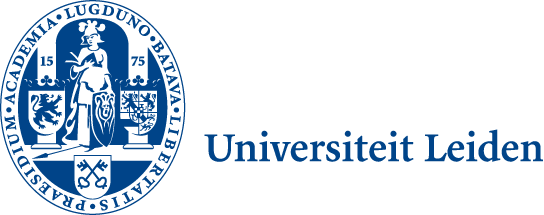Research training
An important part of the student’s master’s programme Chemistry or LST is the component of research training. Depending on your specialisation, between 30 - 60 EC is required. Students can choose to extend the research training component with an additional 1 - 20 EC of elective space.
Research training comprising more than the allowed total can be included on the diploma supplement as an extracurricular component.
During a research project, the student is an active member of a research group. They are expected to be present at the times agreed upon, participate in group meetings and show a good work attitude. A research project counts for 6 EC per month based on full time work. If a student works part time, is following theoretical courses or shows insufficient attendance, the project duration will be extended accordingly to meet the requirements for the number of EC agreed upon. This extension is also applied for any holidays during the research project period.
Students can choose to can split up the research training component into multiple projects. The largest project is called the major research project and should encompass at least 40 EC (30 EC for BS, SCS and EDU) and maximum 60 EC. The major research project should be carried out within one of the research groups in the LIC, or for LST students at one of the associated institutes (LACDR, IBL, LUMC, NKI and ErasmusMC).
Minor research projects should last a minimum of 20 EC and should be independent of the major research project. Both projects may be carried out in the same general field of research, but should not be supervised by the same people or overlap too much in content. For a minor research project, students are encouraged to look outside of the university and apply for a research project at a company or abroad. All external research projects are supervised by an internal supervisor and may require prior permission from the Board of Examiners . Note that a minor research project can only be started after the major research project has been completed (including Thesis Talk).
Students are advised to discuss their ideas and options for research projects with their student mentor groups and/or the study adviser at an early stage in their master’s. The research project supervisor can advise which courses best fit in with the research topic. They can also put a student in contact with external partners for external minor projects.
Most research groups in the LIC advertise open positions on their website. In addition, positions are regularly posted on Brightspace. However, project opportunities are not limited to the ones advertised, and students are encouraged to approach any researcher whose work they are interested in to inform about possible projects in their group. You can use the template below to email a potential supervisor to ask for a project.
For every research project, an agreement must be created on this website. This agreement can only be initiated and submitted by the supervisor and their MOA (not by the student), after the supervisor has logged in. Usually this agreement is made during a meeting between a student and supervisor.
For an external research project, prior approval of the Board of Examiners is required

